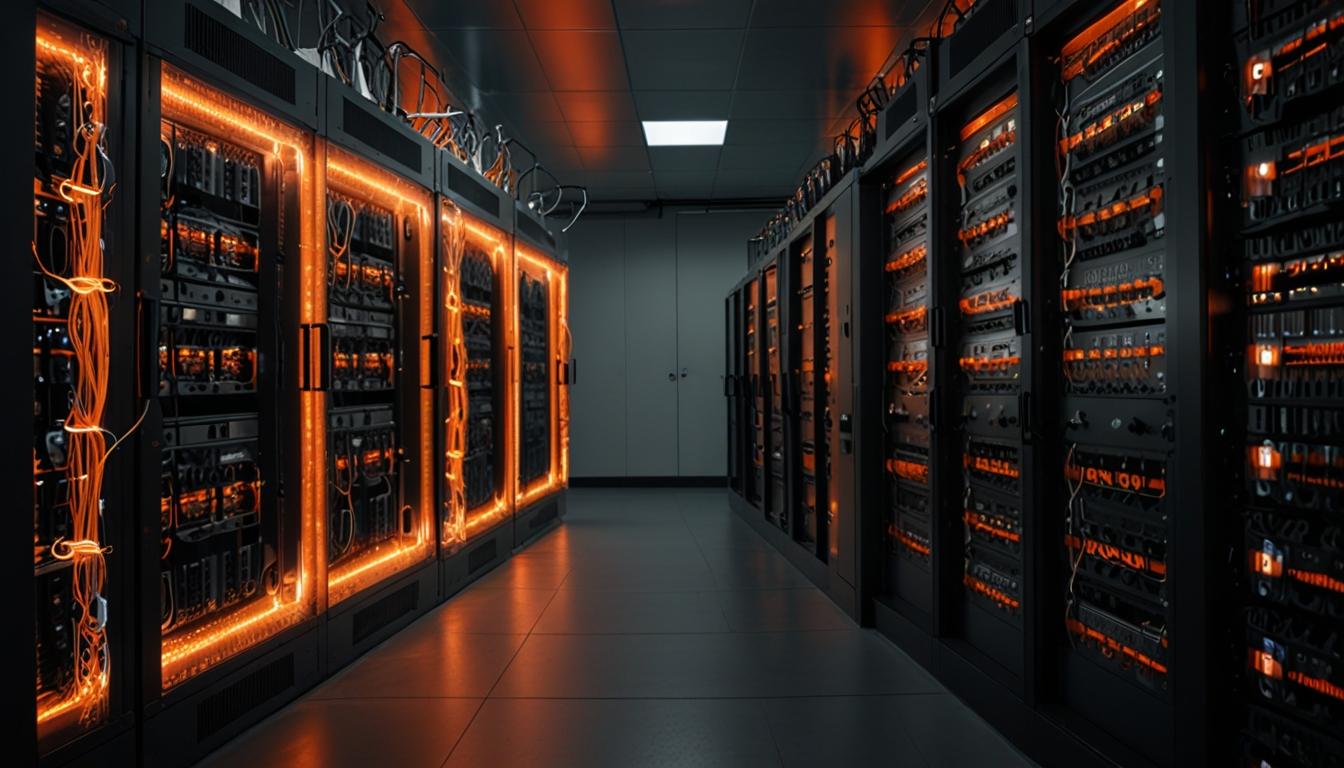Google has acknowledged a 13% increase in greenhouse gas emissions, reaching 14.3 million tons of CO2 equivalents in 2023, with the primary reason being the growing energy needs of artificial intelligence systems. The surge in emissions is linked to the energy consumption of data centres supporting AI technologies, posing challenges for Google in reducing its carbon footprint despite efforts in renewable energy integration.
Google has reported an increase in greenhouse gas emissions by 13% in the past year, primarily due to the growing energy demands of artificial intelligence (AI) systems. This surge has resulted in a total of 14.3 million tons of CO2 equivalents in 2023, marking a 48% increase since 2019. The tech giant acknowledged these figures in its environmental report released on Tuesday.
The heightened emissions are largely attributed to the energy consumption of data centers needed to support AI technologies. The processing power required for developing and implementing AI models has significantly strained Google’s infrastructure.
Despite advancements in using solar and wind energy, the company faces challenges in reducing its carbon footprint due to the intensifying energy demands from AI. Google’s Chief Sustainability Officer Kate Brandt and Senior Vice President Benedict Gomes noted the difficulties in the report, especially as AI becomes more integrated into their products.
Other tech companies like Microsoft and Amazon are experiencing similar issues. Microsoft reported a 29% increase in emissions from 2020, driven by infrastructure investments needed for AI. Both Google and Microsoft aim to achieve net-zero emissions by the end of this decade, with further commitments to reduce carbon beyond 2030.
In response to the rising demands of AI, Sam Altman, CEO of OpenAI, has suggested that breakthroughs in nuclear fusion could provide a sustainable energy solution. Altman has significantly invested in fusion technology, which he believes could supply the necessary electricity for next-generation AI applications.
